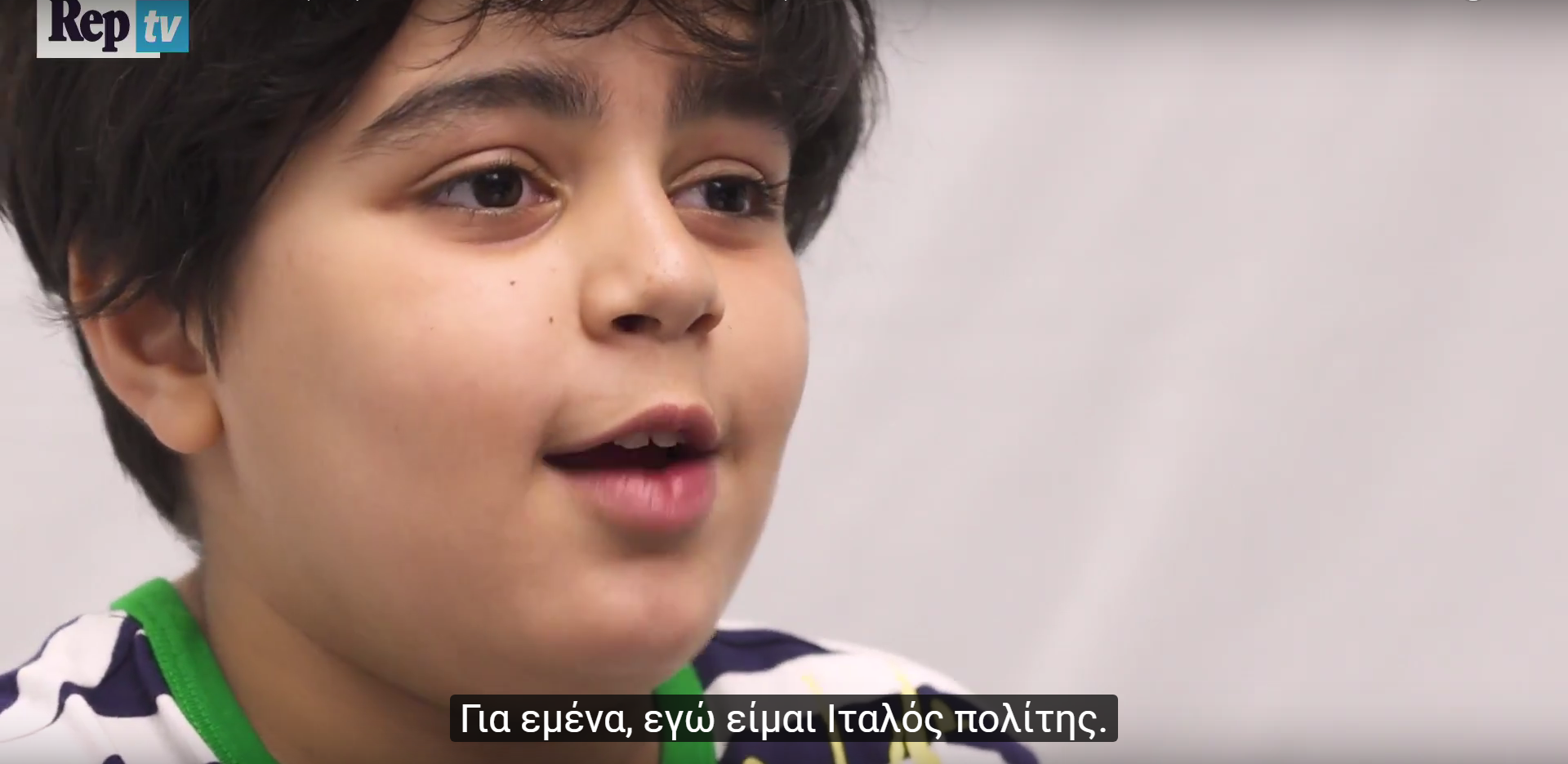Italy: a struggle for the Ius Soli reform
Thousands of different stories and faces
An infinite love for Italy
One request: be recognised as Italians

Written by Silvia Giulini
The reform asked by thousands of people living in Italy tries to change the law of 1992 concerning Italian citizenship. In fact, since 1992, to become Italian, a person born in Italy from foreign parents must be legally residing in Italy without interruption from his/her birth and can make a request only between the 18th and 19th year of his/her life.
The necessity of a reform was initially demanded by Cécile Kyenge, who arrived in Italy from the Democratic Republic of Congo at the age of 18 and was nominated Italian Μinister of Integration under the PD (democratic party) Letta cabinet in 2013-2014. The draft law was approved with many changes in one of the two Chambers of the Italian Parliament in 2015.
The reform, with the introduction of the so called “Ius Soli Temperato” and the “Ius Culturae”, got blocked in the Senate, with a strong opposition by the main Italian right and far right parties that presented 40.408 amendments.
However, this reform would not have revolutionized the Italian citizenship system because it calls for a soft kind of Ius Soli, which is not automatic and does not allow all the kids born in Italy to become Italian citizens. On the contrary, the conditions required are very strict. The people allowed to apply for citizenship according to the Ius Culturae are only those who were born or have arrived in Italy before their 12th birthday, who have also attended and successfully completed school or had a professional education for at least five years.
According to the reform, in order to acquire citizenship, a child born in Italy must have at least one parent with permanent residence permit or European long term residence permit (in both cases the permit must be acquired at least before the birth of the baby), and the parents must also acquire the citizenship of the child before his/her 18th birthday. Alternatively, for those that are already 18 years old, the reform provides the possibility to acquire the citizenship within two (and no longer one) years from the 18th birthday. But the prerequisites to acquire these residence permits are difficultly fulfilled. For example, to obtain a long term residence permit, the person must already have a residence permit for the last 5 years minimum, having a wage corresponding at least to the social allowance, living in a home in compliance with the Italian laws on accommodation and pass an Italian language test. Moreover, the child has to be living legally in Italy without interruption until his/her 18th birthday.
The main goal of this reform was to give citizenship to those who have spent their whole life or the majority of their life in Italy, who have studied in Italy and many times have never been in their parents’ country of origin. The world of culture has shown its support to the reform but the recent decision of the Senate to delete the discussion from the agenda, with the promise of bringing it back when the time is better, reflects the Italian electoral climate.
A lost occasion for all those people and kids with migrant origins, who have been living in Italy for their whole life, have been working in and for Italy, have all their memories in Italy, speak perfect Italian, even have a very strong Italian regional accent, have Italian friends and Italian culture. A lost occasion for all of us, a step back that shows the incapacity to understand (or the will to deny?) how all these people are a fundamental and active part of this society, asking only to be recognised for what they are: Italians

 Ελληνικά
Ελληνικά

